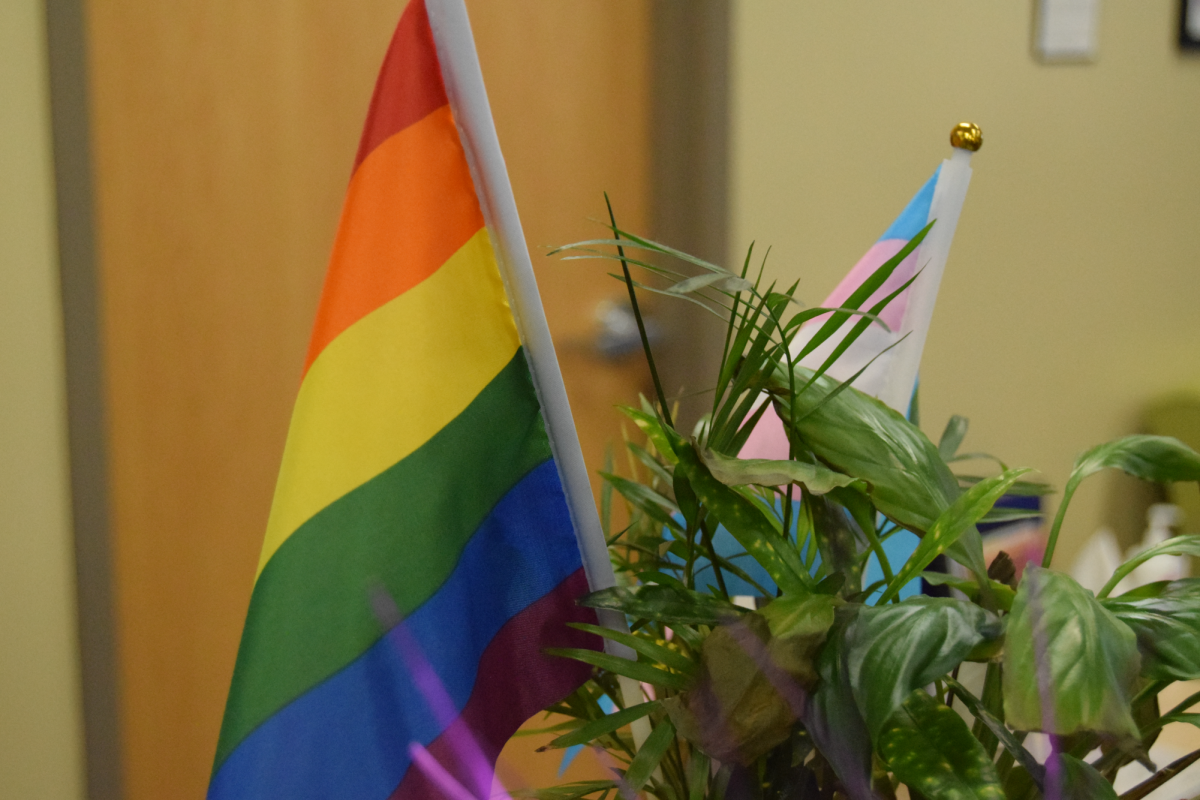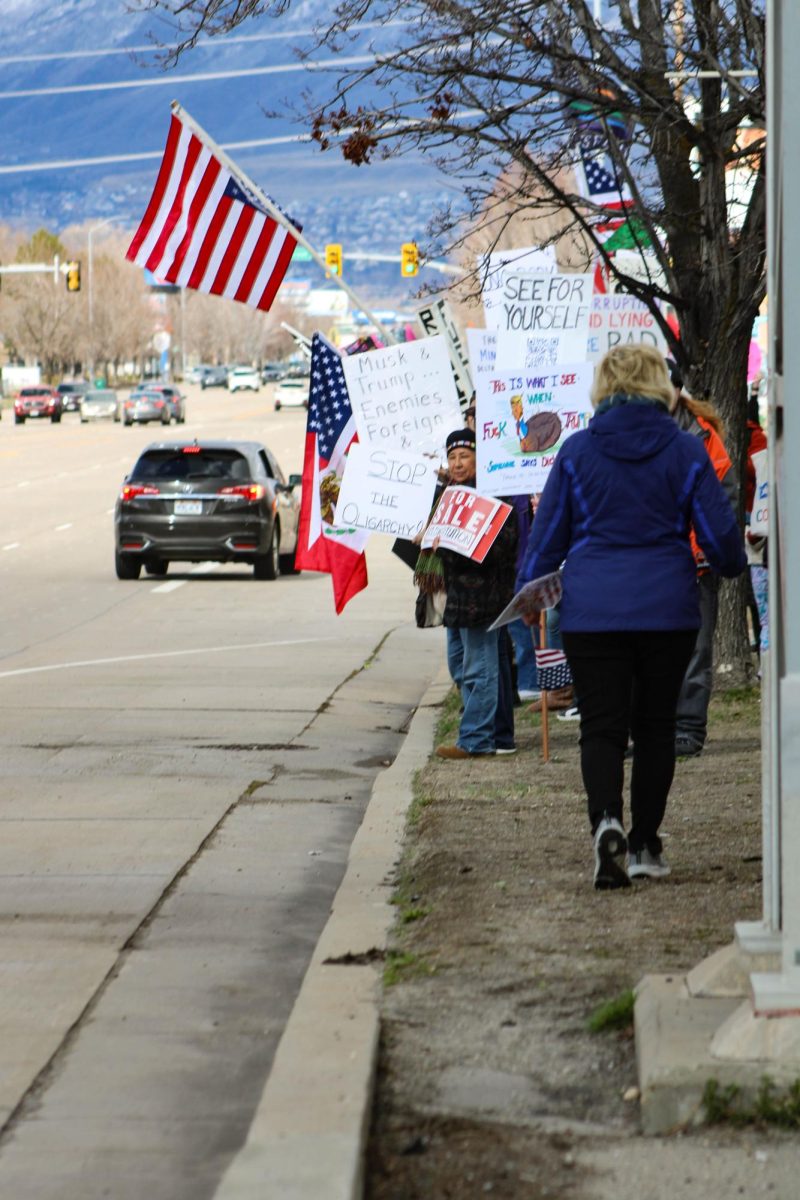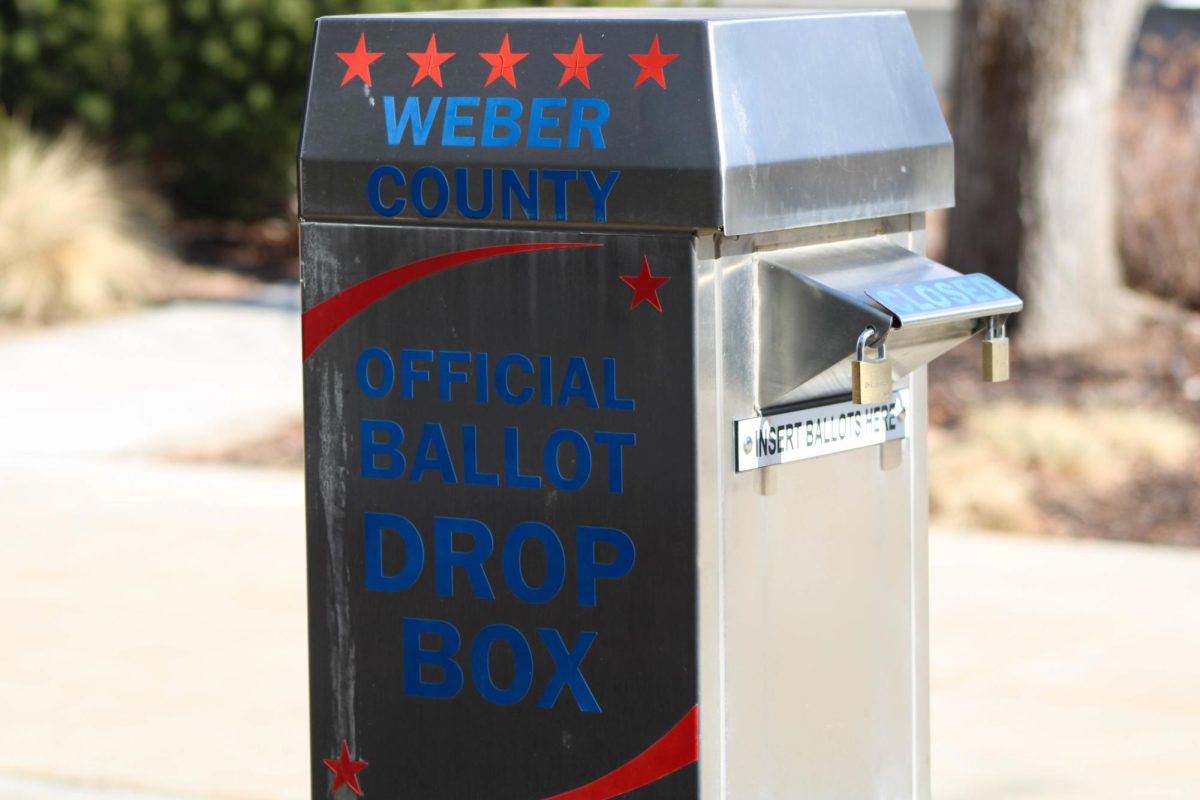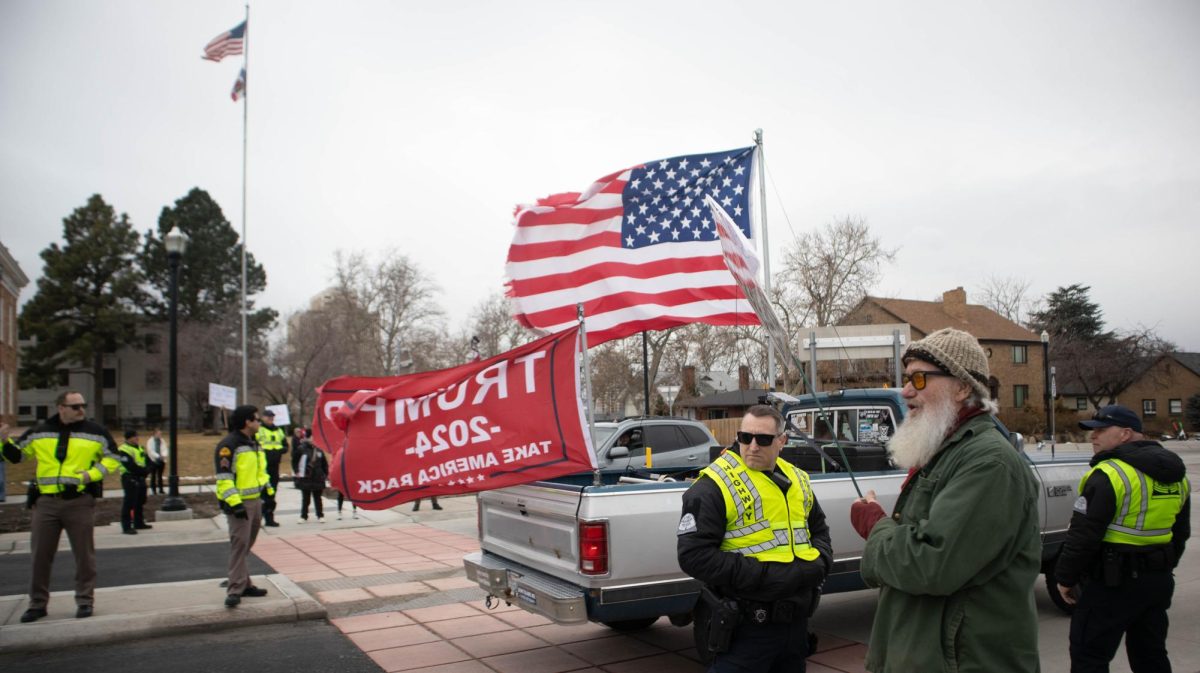The Employee Non-Discrimination Act recently passed through the U.S. Senate with a bipartisan vote, marking a historic day for LGBT rights. The bill is currently waiting to come up for a vote in the House of Representatives. If passed, it will outlaw workplace and housing discrimination based on sexual orientation or gender identity on a national level.
WSU LGBT advocate Karlee Berezay said she believes ENDA isn’t about making exceptions, but allowing all individuals to have the same chances in regard to the workplace and housing.
“It’s not people wanting special rights — it’s people wanting the same rights, to have access to these sorts of things to support their families,” Berezay said. “And I think for Utah, that’s a big deal. We’re a big family-oriented state. So it’s a silly thing not to have something like this to protect people.”
As of April 25, the bill passed in the Senate with a vote of 64-32.
House Speaker John Boehner opposes the law and has actively campaigned to dismiss what he considers a redundancy.
“People are already protected in the workplace. I’m opposed to continuing this. Listen, I understand people have differing opinions on this issue, and I respect those opinions,” said Boehner to The Washington Blade. “But . . . I see no basis or no need for this legislation.”
According to the Williams Institute of Law at the University of California, Los Angeles, 21 percent of LGBT employees have reported being discriminated against in some form, and 1 of every 25 complaints made about workplace discrimination comes from LGBT employees.
LGBT rights in the workplace have come up in Congress before; variations of the bill have been brought to the legislature in every Congress but the 109th since 1974.
The updated version of the bill includes provisions to prevent discrimination based on gender identity, which heavily affects the trans* community. Berezay said she believes this aspect of the bill is important.
“Trans* people are more affected by this (bill) than anybody else is,” she said. “It’s easier to hide being LGB in a workplace . . . but it’s really hard as a trans* person . . . you may not always pass, things may come up, documentations may have different gender markers on them that can be really detrimental to you. I think it’s more important to include it because of how taboo that still is — which I think is funny, (that) it’s taboo to trust yourself on your own gender identity.”
With growing support for a statewide anti-discrimination law (including support given by The Church of Jesus Christ of Latter-day Saints in 2009), Sen. Steve Urquhart of St. George plans to resubmit an Employment and Anti-discrimination Housing Amendments Bill, which would allow for LGBT rights in the workplace and within housing, in the next legislative session.
Section 6 of the bill allows for religious organizations to take a “religious exemption” if they feel they have a specific or significant religious reason to make employment decisions. In this way, churches, institutes, religiously affiliated hospitals and private schools do not have to be held to the standard of the law. Any corporations, associations, educational institutions or societies can make the decision to apply religious tenets (a sort of honor code) to employees and will subsequently qualify for the religious exemption.
“I don’t know why they would make that (religious exemption) a law. I think that’s rude,” said Kayleigh Foster, a sophomore. “I don’t get it. A person is a person. It doesn’t matter how they’re defined — it’s the qualities they have in them and if they can promote your business or work for your business.”
Some national corporations and states have already taken action against the unfair treatment of LGBT individuals in the workplace. Discrimination based on sexual orientation is already banned in 21 states and the District of Columbia, with 18 of those states also protecting against gender-identity discrimination. About 97 percent of 2012 Fortune 500 companies already include anti-discriminatory workplace policies. If passed, ENDA would provide federal protections to LGBT individuals, including those who are not already covered.
Greg Nielsen, associate director of WSU’s Career Services Center, said LGBT employees should learn to navigate their workplaces.
“Obviously, the law is that you cannot discriminate . . . To me, it’s the same thing as age discrimination,” said Nielsen, who added that every worker has to approach the workplace differently based on a variety of factors. “You have to think about what your goals are and do it individually.”
WSU joins the University of Utah and Utah State University among Utah postsecondary schools that currently have anti-discriminatory provisions for LGBT students. Students transferring to Southern Utah University, Dixie State University, Brigham Young University or LDS Business College may not be afforded the same rights.
“I think that Weber State cares enough about its students,” said Berezay, who added that the more students speak up, the more likely it will be to change in other places. “I don’t think it’s very apparent that there’s a need there, and things aren’t going to change unless there is a need for change.”
There are currently no legal restrictions on LGBT discrimination for both public and private employees in Utah. Still, despite the lack of statewide workplace rights, many Utah cities and counties have already put provisions in place to help residents. The Grand, Salt Lake and Summit counties join the cities of Alta, Harrisville, Logan, Midvale, Moab, Murray, Ogden, Park City, Salt Lake City, Springdale, Taylorsville and West Valley City by providing local LGBT rights in the workplace.
Foster said she believes gender identity and sexual orientation shouldn’t matter in the workplace.
“I don’t think it’s fair to discriminate against somebody just because they’re different,” she said. “It’s like a race. You wouldn’t discriminate against race. Why would you discriminate against that?”
Foster also said she thinks firing someone based on gender identity or sexual orientation is wrong.
“I think if you hire a person based on their qualities and thought they would do a good job, and then you find out (their gender identity or sexual orientation) later in time, obviously you hired them because of their qualities, not because of who they are,” she said. “It shouldn’t matter.”


















